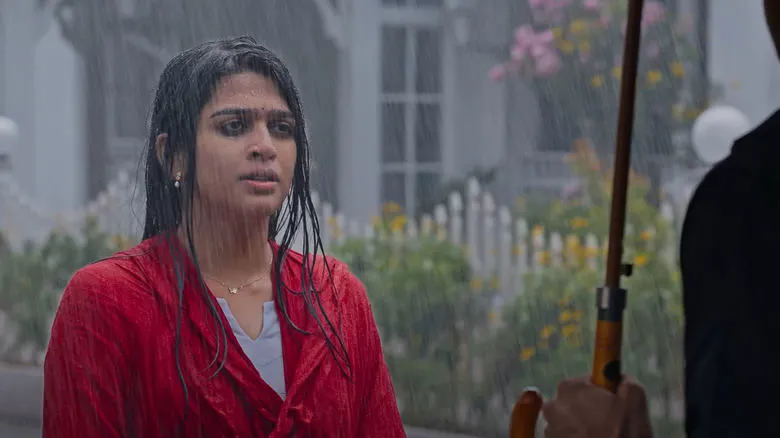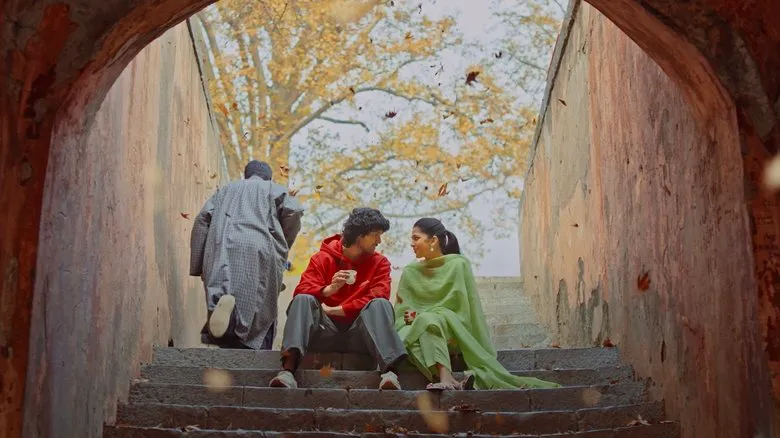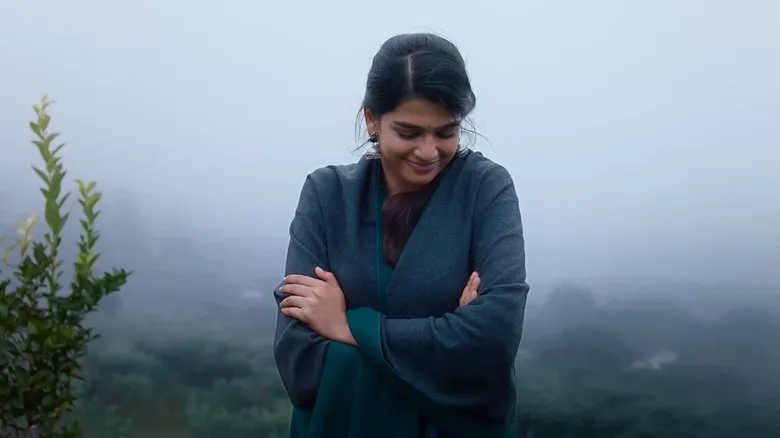Unveiling the Journey: A Look Behind the Scenes of “8 Vasantalu”
In the landscape of Telugu cinema, very few films resonate with the delicate balance of heartbreak and enduring hope as profoundly as “8 Vasantalu,” or ‘8 Springs’. Released in 2018, this romantic drama transcended a mere love story, unfolding as a poignant exploration of resilience, loss, and self-discovery through the transformative journey of its protagonist, Revathi. From its initial concept to its final cinematic expression, “8 Vasantalu” was a testament to meticulous storytelling, a nuanced directorial vision, and a deeply emotional artistic execution.
Thematic Genesis: Crafting Revathi’s ‘8 Springs’
At its core, “8 Vasantalu” is an allegorical tale. The very title, ‘8 Springs’, serves as a potent metaphor for the eight significant stages of growth and transformation Revathi undergoes throughout her arduous path. The filmmakers embarked on a narrative journey designed to visually and emotionally articulate this concept, choosing a seemingly idyllic setting to begin, only to plunge their character into profound adversity.
The initial depiction of Revathi’s life in the serene mountains, living with her strong, independent mother, was a deliberate choice to establish a baseline of happiness and inspiration. This tranquil backdrop serves to starkly contrast the trials that follow, highlighting the ‘fall from grace’ and the immense emotional distance Revathi must travel.

The challenge for the creative team was not just to depict Revathi’s skill as a karate expert but to infuse her passion with a sense of pure joy and aspiration, setting up the devastating impact of her impending physical setback. The blossoming romance with Siddharth, too, was crafted to be tender and heartfelt, making the subsequent loss all the more impactful and serving as a crucial ‘spring’ in her emotional development.
The Cinematic Crucible: Revathi’s Trials by Fire
The film’s emotional weight hinges on a series of harrowing events: Revathi’s debilitating accident, the loss of her ability to walk and practice karate, and most crucially, the untimely death of her mother. Portraying such profound setbacks required a sensitive yet unflinching approach from the director and the lead actress. The physical and emotional suffering endured by Revathi demanded an authentic performance, conveyed not just through dialogue but through raw, visible vulnerability.

The decision to relocate Revathi to the bustling city and to her wealthy uncle’s home was a pivotal narrative choice. This drastic change of environment mirrored her internal upheaval, forcing her to confront isolation and rediscover herself in a new, often impersonal, setting. It was in this crucible that the character of Ravi, the karate instructor, was introduced – a vital catalyst designed to represent hope and renewed physical and emotional strength. The casting of these supporting roles was crucial to provide the anchors Revathi desperately needed.
Visual and Aural Tapestry: A Symphony of Emotions
A standout aspect of “8 Vasantalu” is its exquisite cinematography. The filmmakers masterfully utilized the contrasting backdrops to reflect Revathi’s oscillating emotional state. The expansive, verdant mountains initially convey peace and boundless potential, while the more confined and overwhelming urban settings emphasize her struggle and feeling of displacement. The visual journey mirrors Revathi’s personal evolution, subtly guiding the audience through her transformation.

Likewise, Anup Rubens’ musical score plays an indispensable role. The compositions are not just ব্যাকড্রপ but an integral part of the narrative itself, swelling with emotion during moments of despair, sorrow, and ultimately, triumph. From melancholic melodies that underscore Revathi’s losses to uplifting anthems that accompany her resurgence, the music is a powerful, unseen character, guiding the viewer’s emotional response.
The Path to Rebirth: Embracing the ‘Springs’
Central to the film’s success is its portrayal of Revathi’s gradual healing. Her re-engagement with karate, despite her physical limitations, is not merely about physical recovery but symbolic of her reclaiming her inner strength. Ravi’s persistent encouragement wasn’t just mentorship but a guiding force for Revathi to embrace her “own worth and the value of perseverance.” The ‘springs’ – these eight phases marked by relationships, challenges, and inner breakthroughs – are depicted with an understated grace, allowing the audience to witness her metamorphosis organically.

The final arc, where Revathi confronts her past and the memory of her mother, signifies the ultimate spring – the acceptance of loss and the embrace of a hopeful future. The ending is not a simple resolution but a powerful statement about the cyclical nature of life, much like the seasons. Revathi emerges, as strong and resilient as the blossoming spring itself.

Conclusion: A Testament to Human Spirit
“8 Vasantalu” stands as a poignant reminder of the enduring human spirit. The filmmakers painstakingly crafted a story that, while specific to Revathi’s journey, resonates universally with themes of overcoming adversity. Every frame, every musical note, and every narrative decision was geared towards building an inspiring depiction of resilience.

The film doesn’t shy away from depicting pain but ultimately champions the idea that even the most difficult experiences can shape us into stronger, more empathetic individuals. It is a cinematic experience that leaves viewers with a renewed sense of hope, celebrating the inherent ability of individuals to rise from the ashes and embrace life’s continuous ‘springs’ of growth.
